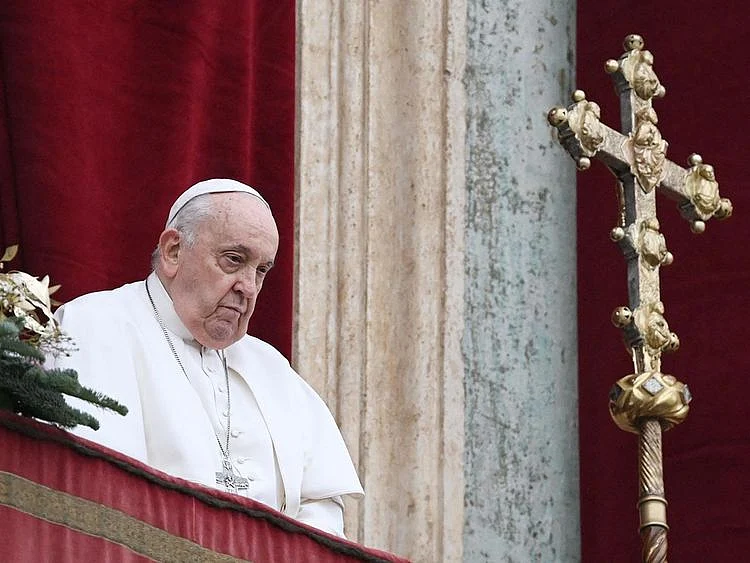Vatican City: Pope Francis on Thursday confirmed that a once every quarter century holy year would be held in 2025, setting off a race against time for Rome and the Vatican to prepare for more than 30 million pilgrims from around the world.
The pontiff called on rich nations to cancel the debts of the poor as he announced that the Jubilee year would start on December 24. But the Vatican made no mention of preparations for the influx.
The papal bull said that the holy year would end on January 6, 2026.
Organisers say 32 million people are expected in Rome and the Vatican over the year for the many special masses, conferences and exhibitions that will be put on.
But Rome's creaking transport system is already much criticised and questions have already been raised over how the pilgrims will be managed.
Major works have already been started in roads around the Vatican, leading to St Peter's Basilica, in a bid to improve the choking traffic.
Roman Catholic jubilee years, a tradition started in 1300, are now held every 25 years. They are normally launched with the reigning pope opening the doors to St Peter's.
Pilgrims are meant to visit St Peter's and the three other major basilicas in Rome.
The last ordinary jubilee was in 2000, when nearly 25 million pilgrims packed Rome. An extraordinary jubilee was held in 2016. Francis said that "hope" would be the theme for the 2025 events.
In announcing his papal bull, Francis called on the world's "affluent nations" to "acknowledge the gravity of so many of their past decisions and determine to forgive the debts of countries that will never be able to repay them".
In a reference to the growing impact of climate change, Francis highlighted what he called the "ecological debt" between rich and poor nations.
This was "connected to commercial imbalances with effects on the environment and the disproportionate use of natural resources by certain countries over long periods of time".
Sign up for the Daily Briefing
Get the latest news and updates straight to your inbox
Network Links
GN StoreDownload our app
© Al Nisr Publishing LLC 2026. All rights reserved.
